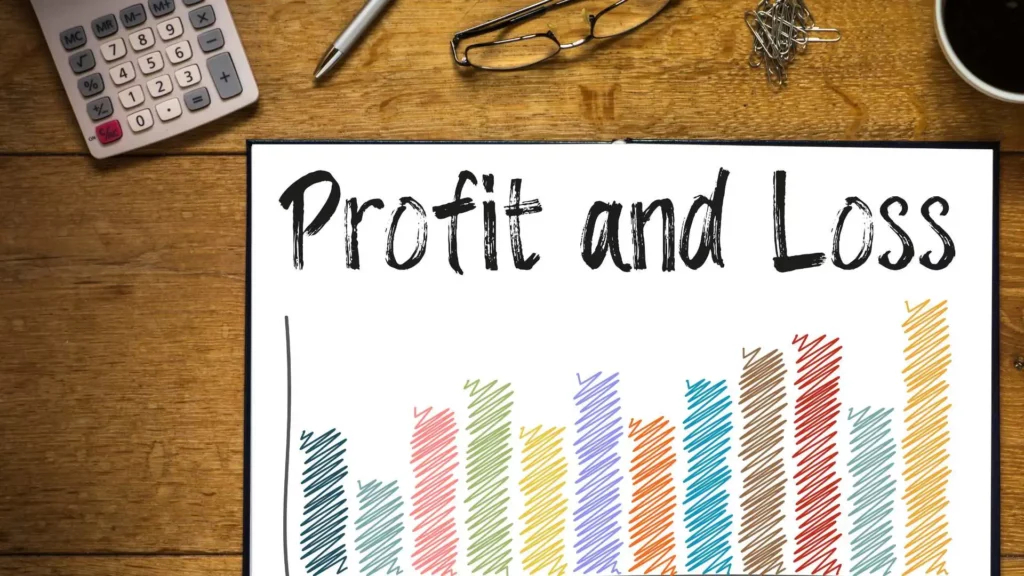While both are good financial habits that build long-term wealth, it is critical to understand what is the difference. Only then will you be able to create a financial plan that works best for your goals. The phrase ‘good financial habits’ umbrellas both savings and investments because they both contribute to your net worth. But reality check, savings and investments are two distinct actions and they have dramatically different impacts on your finances. So, let’s explore these differences.
In terms of risk
Savings is low-risk and investment is not. Investments on the other hand come with a certain amount of risk that might cause you to lose your funds. Some more than others. However, if you are comfortable with the risks you are taking, then all’s well that ends well!
With investments, there is also the risk of losing your money. What you lose or gain solely depends on your investment. But there’s no guarantee that you won’t lose money from your savings account, chances are relatively low—so if you want to ensure that your chances boil down to zero, then before opening a savings account, confirm that it is FDIC insured.
What is your ‘interest’ rate
A savings account will have a fixed interest that you will earn on the funds. In cases like this, a high-yield savings account will help you tap into the best APYs available. With Investments, interest rates vary from collateral to collateral, risky investments pay more than
You may also like: 7 differences between savings and investments
Higher risk higher returns
The amount of return you get differs between savings and investments. Savings are low risk and they come with low returns. Don’t presume to think that the past performance of certain investment collaterals guarantees future success.
Investments can fluctuate in value and volatility tied up in this investment choice. We’ll be honest there are investments with less volatility involved, the returns are never guaranteed. So, you could lose money or win something big along the way.
You may also like : A beginner’s guide to Exchange Traded Funds
Access granted or denied?
Talk about savings and you can tap into your funds anytime you need them. Regulation D says you can make up to 6 withdrawals from your savings account through each investment cycle. But investments come with lock-in periods. And you may just not have access to the funds when you need them—accessibility is granted once it hits maturity.
But FYI, this quick access into your savings will act as a double-edged sword because you might just dip into savings when you shouldn’t and when you don’t need it!
See also about : High Yield Savings Account vs. Roth IRA
When inflation happens
Since savings already generate low returns and the risk of inflation discourages most people from keeping their net worth tied up in savings.
But since inflation directly hits purchasing power, investing will you stay ahead of the curve. There is potential for higher returns, you may be able to prevent inflation from destroying your purchasing power. Investments have many potential upsides that will help you grow your funds.
If you know, you know
If you choose an investment, you’ll need to invest some time in learning about your potential investment options. To choose the right one for your strong future of course. So, get going, go gain some knowledge. Savings is super easy, there’s not a lot of homework to do there.
Say fees
Investments come with fees! So, choose your investments wisely. Before picking investment collateral, consider the number of fees involved. But, by all means, feel free to go the DIY investment route, that’s the way you’re free of fees from financial advisors. But fees still apply to investment choices. Savings accounts don’t charge any fees unless you decide you want to liquidate your savings well before maturity.




















